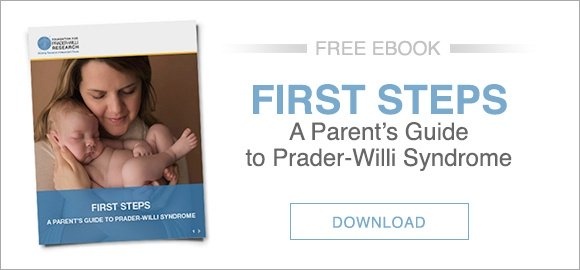 A new study highlighted in Medical News Today further supports the benefits of hippotherapy with regards to behavioral tasks and cognitive development. Hippotherapy is the use of horseback riding as a therapeutic or rehabilitative treatment.
A new study highlighted in Medical News Today further supports the benefits of hippotherapy with regards to behavioral tasks and cognitive development. Hippotherapy is the use of horseback riding as a therapeutic or rehabilitative treatment.
The full article is available here on the Frontiers In Public Health website. Interestingly, the results indicate that the benefit may be linked to the horse's vibration/gait, which can vary by horse. So some horses may provide better benefit than others.
This study was conducted in typical children age 10-12. However, hippotherapy is commonly recommended for children with PWS and was described in the blog post PWS Early Interventions: 5 Therapies for Prader-Willi Syndrome. Attendees at the FPWR conference in 2014 may remember that there was a presentation on hippotherapy as a treatment approach for physical, occupational, speech, and language therapy. (For more sessions on PWS therapies, check out the 2017 FPWR conference.)
Within the Global PWS Registry, 38% of participants report having tried hippotherapy. Of those who have tried it, 70% report noticeable, meaningful benefit for their loved one in behavior, mental health, and / or coping.
For more information on hippotherapy, visit the American Hippotherapy Association website.








